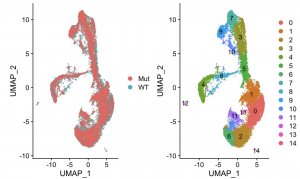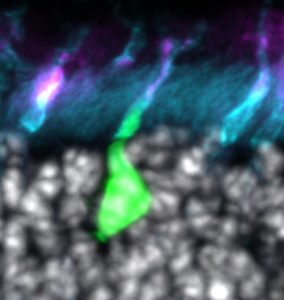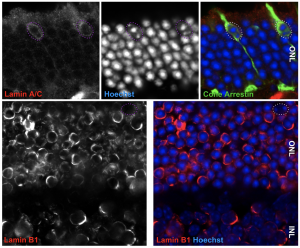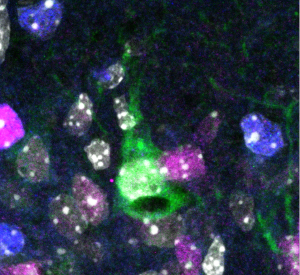Postdoctoral research – retinal and cortical development – chromatin and genome biology
Posted by Pierre Mattar, on 14 June 2021
Job type: Postdoc
Location: Ottawa, Ontario, Canada
Closing Date: 13 July 2021
Description of the position: Funded post-doctoral Fellowship
For a description of the lab’s interests, see: http://www.ohri.ca/profile/pamattar/research-activities
For a description of the techniques we use see: http://www.ohri.ca/profile/pamattar/technologies
Our lab has a number of research projects:
- Control of neural stem cell potential
Previously, we have identified genes that control the competence states of neural stem cells (see previous publication in Neuron: https://pubmed.ncbi.nlm.nih.gov/25654255/ ). More recently, we developed a novel BioID approach for proteomic profiling in primary retinal cultures (https://pubmed.ncbi.nlm.nih.gov/33594190/ ). This work demonstrated that transcription factors controlling progenitor competence modify the epigenome. We are using scRNA-seq (multi-seq), cut&run-seq, and genetic approaches to elucidate how progenitor competence states are encoded in the epigenome.


- Higher order nuclear organization during retinal degeneration
Changes in the higher order organization of the nucleus have also been repeatedly linked to neurodegeneration, but this is difficult to study in most cells. We have taken advantage of the ordered nuclear architecture of rod photoreceptors to identify new players in neuronal nuclear organization and transcriptional homeostasis (see previous publication in PNAS: https://pubmed.ncbi.nlm.nih.gov/30072429/ ).

- Cortical development and Autism

EGFP+ cortical neuron transfected at embryonic day 14.5 and harvested at postnatal day 10.
Neurodevelopmental disorders such as intellectual disability and autism spectrum disorder affect ~1-3% of all children. Genes involved in chromatin remodelling are prominently associated with the disorder. Using proteomics, we have defined a novel chromatin remodelling complex active in neural progenitors. We wish to understand how this pathway driving brain overgrowth and neurodevelopmental disorders.
- Other Projects
- Retinal inflammation during degeneration
- Retinal cell replacement therapy
Eligibility Requirements (Education/Experience):
Candidates with PhD training in Cell Biology, Molecular Biology and Biochemistry are strongly encouraged. Postdoctoral candidates should hold a recent PhD in life sciences and be committed to a career in science. Applicants should be well-trained in advanced cell and molecular biology, including experience in DNA/RNA and/or protein work along with experience in immunohistochemistry and microscopy. The candidate should have a flexible and cooperative spirit with strong commitment to team efforts, have excellent critical thinking and analytical skills, highly developed communication skills, and a demonstrated passion for innovative research.
Contract Details:
The minimum annual stipend is $40,000.00 with an excellent benefits package. The initial contract will be for 2-3 years, with a 6-month probationary period.
Individuals who are interested in the position should submit aa statement of research interest and names of three references to:
Dr. Pierre Mattar, Ph.D.
Scientist , Sprott Centre for Stem Cell Research
Ottawa Hospital Research Institute
Assistant Professor Department of Cellular & Molecular Medicine
University of Ottawa
Ottawa Hospital, 501 Smyth Rd, Box 511
Ottawa, ON K1H 8L6 CANADA
We thank all applicants for their interest. However, only those invited for an interview will be contacted. The Ottawa Hospital Research Institute is an equal opportunity employer. Upon request, accommodations due to a disability are available throughout the selection process.
The Ottawa Hospital: Inspired by research. Driven by compassion
The Ottawa Hospital Research Institute is the research arm of The Ottawa Hospital and an affiliated institute of the University of Ottawa. With more than 1,700 scientists, clinician investigators, trainees and staff, and total revenues of more than $100 million, we are one of the foremost Canadian hospital-based research institutes. We are investigating virtually every major disease and condition, with a focus on answering important health questions and translating our findings into benefits for patients and society.
Salary: $40,000.00 CAD with an excellent benefits package
Closing Date: 13 July 2021
Scientific fields: Neural development, Chromatin and epigenetics
Model systems: Mouse
Duration: Fixed term
Minimum qualifications: PhD

